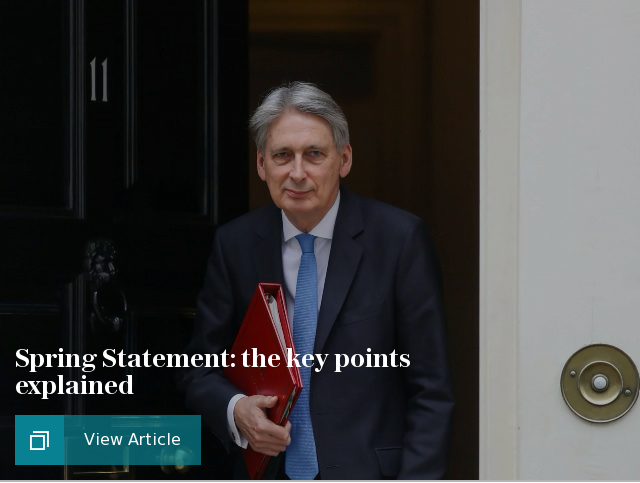Two senior Tories warn of tax rises because politicians are 'kidding' themselves over the national debt

Politicians and officials are “kidding” themselves and taxpayers over the true scale of national debt, which in reality puts the Conservatives on course for substantial tax hikes or deep spending cuts, two senior Tories have warned.
In a letter to Philip Hammond, Ken Clarke, the former chancellor, and John Penrose, an ex-Cabinet Office minister, said official figures gave an “over-optimistic picture” of the country’s debt because they exclude billions of pounds in future payments, including on private finance initiative (PFI) contracts and state and public sector pensions.
Mr Clarke and Mr Penrose claimed the current figures “hide economic reality” and called on the Chancellor to instruct the budget watchdog to publish a full “national balance sheet” at future Budgets.
Traditionally, the figures for net public sector debt, currently around £1.8 trillion, are largely based on the value of gilts – the bonds issued by the Government to raise money.
The MPs wrote to Mr Hammond last week after he declared in last week’s Spring Statement that Britain was heading for its first sustained drop in debt in 17 years, as well as a falling deficit. His pronouncements were based on new figures issued by the Office for Budget Responsibility (OBR).

In their letter to Mr Hammond, Mr Clarke and Mr Penrose warn: “We are concerned that the Treasury’s traditional focus on gilts as the principle measure of Government debts gives an over-optimistic picture of the true scale of long-term IOUs which taxpayers are committed to paying.”
The MPs acknowledge that the current figures are based on internationally-agreed definitions of “what counts as Government debt” and should not be “abandoned or ignored”.
But they warn that the traditional approach is “too narrow to reflect the true picture”, adding: “No company CFO [chief financial officer] would last long if they only bothered with their firm’s bonds and ignored all their other liabilities completely).”
They add: “Under-reporting or ignoring the problem just means we are kidding ourselves about the scale and depth of the problem which we are bequeathing to future generations of taxpayers. It is neither honest nor fair to let accountancy hide economic reality.
“You or your successors will either have to raise taxes substantially, or cut important public services deeply and none of us, as Conservatives, want to leave such a cold, mean future to our children and grandchildren.”
A new set of figures published in an OBR report last year set out the “overall financial position” under several “more complete scenarios”, all of which were “scary”, the MPs warn.
A Treasury spokesman said: “The Chancellor set out the economic and fiscal position in the Spring Statement. The Government takes a balanced approach to repairing the public finances, reducing debt and investing in our vital public services.”

 Yahoo News
Yahoo News 
